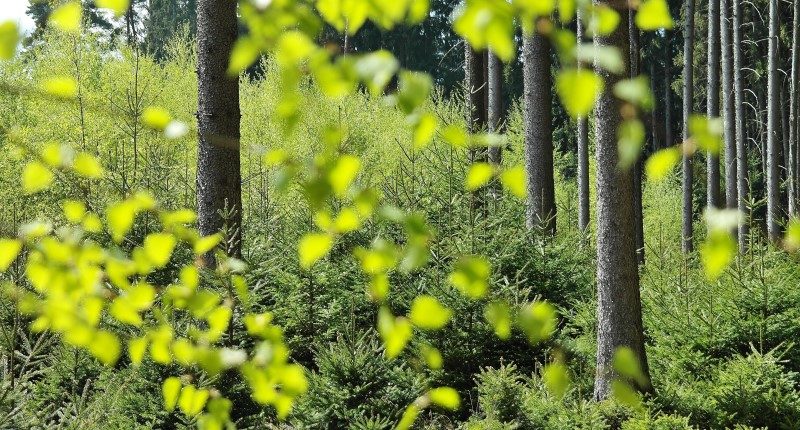- Lendlease committed to reducing their carbon emissions
- Commonwealth Bank of Australia assisted the company in issuing green bonds
- The Friedman Doctrine still holds up today
Multinational property and infrastructure company Lendlease has committed to reducing their carbon emissions, most recently assisted by the Commonwealth Bank of Australia (CBA) in issuing ‘green’ bonds.
These funds aim to help Lendlease deliver green building projects that will lower carbon emissions, reduce the environmental impact of materials, and deliver health and well-being benefits. CBA acted as joint lead manager as well as green bond advisor on both transactions.
More specifically, two new sustainability targets reflect the company’s commitment to this area:
- The environmental target sets a global benchmark for the real estate industry by becoming a 1.5ºC aligned company and committing to ‘Net Zero Carbon’ for scope 1 and 2 emissions by 2025, and ‘Absolute Zero Carbon’ across all operations, including the supply chain, by 2040.
- The social target signposts Lendlease’s aspiration for delivering social benefit by committing to the creation of $250 million of measured social value by 2025.
“At Lendlease, we’re firmly of the view that truly great places must deliver positive environmental and social outcomes while also creating value for our securityholders,” said Frank Krile, Lendlease Chief Financial Officer.
Investors are continuing to increase their holdings of financial instruments linked to environmental, social, and governance (ESG) factors.
“We strive to create long-term value for all our stakeholders and provide a strong competitive advantage, given the increased demand for sustainable assets,” commented Kelvin Chow, Chief Executive Officer, Lendlease Global Commercial Trust Management.
Lendlease is the latest property company to become a part of the clear shift towards more environmentally sustainable ways of operating.
This shift is far from small. In fact, some of the world’s biggest companies are increasingly disclosing their greenhouse gas emissions and opting to externally audit their environmental impact numbers.
So long go the days where the only responsibility of the corporation was to maximise profit.
For those involved in finance or economics, you will likely already know the famous assertion of Nobel Prize winning economist, Milton Friedman, in his highly influential but controversial article, “The Social Responsibility of Business Is to Increase Its Profits.”
But in defense of Friedman (as many commentators find it trendy to say he was wrong and tend to mischaracterise his point), his argument wasn’t that businesses should maximise profit in the absence of any legal or ethical constraint. He was addressing executives and their relationship with shareholders.
His central point was simple. Corporate executives are employees of the owners of the company. Therefore, those executives should manage a company according to the goals of their owners (which is typically to make as much profit as possible).
However, maximising profit is far from the only goal of shareholders today.
So if owners want to reduce carbon emissions or engage in socially beneficial activities while also balancing these goals with profit (even if these goals sacrifice the maximum profit that can be made), Friedman argued that executive managers should do both and owners should be willing to make that trade.
This is exactly what Lendlease is doing. And if it’s what the shareholders want, it’s a noble cause even if it comes with additional challenges.








